Performing Buddhist rituals at the Vu Lan Dharma Festival. Photo: Duc Phuong/VNA
The Buddhist Vu Lan Festival has long been intertwined with the philosophy and cultural tradition of filial piety, "When drinking water, remember its source" of the nation. This is the time for each person to practice and deepen the vow of filial piety to parents, grandparents and loved ones, and at the same time, it is also the time to remember and show gratitude to ancestors, national heroes, heroic martyrs, and ancestors of the Vietnamese people.
Spreading the values of filial piety in society
The origin of Vu Lan comes from the Vu Lan Bon Sutra in Buddhism. The story goes that Venerable Maudgalyayana - the Buddha's most supernatural disciple - saw his mother fall into the realm of hungry ghosts after her death, suffering from hunger and thirst; out of pity for his mother, he used his supernatural powers to offer her rice, but the rice turned into red fire, and his mother still could not eat it. In pain, Maudgalyayana sought out the Buddha to ask. The Buddha taught that: To save parents from suffering, one must rely on the power of the Sangha - those who practice purely and have full merit. On the 15th day of the 7th lunar month, after the rainy season retreat, he should prepare offerings to the Triple Gem. Thanks to the supernatural power of the monks from all directions gathered on the day of self-ordination, Maudgalyayana's mother was liberated. The Vu Lan ceremony was born from that.
Nowadays, Vu Lan is not only a ritual but has been deeply engraved in people's consciousness and love, becoming a way of life, a breath, a source for all Vietnamese hearts. In 2025, Vu Lan season takes place on the occasion of the 80th anniversary of National Day September 2nd, becoming a sacred time for every Buddhist to practice filial piety, honoring the tradition of "When drinking water, remember its source".
All over the country, at pagodas and places of worship, Vu Lan ceremonies were held to show gratitude to parents, with rituals such as pinning roses, chanting sutras, offering incense, lighting candles in gratitude... held to express gratitude to parents, and at the same time remind people of the responsibility to show gratitude to the country and people.
At Tam Chuc Pagoda (Ninh Binh), the program "Vu lan - Parents' grace and country's meaning" with the ritual of lighting lanterns to form a map of Vietnam was held with the participation of nearly 500 students and more than 2,000 Buddhists; at Bang Pagoda - Linh Tien Tu ( Hanoi ), the Vu lan Grand Ceremony - Rose pinning ceremony attracted thousands of Buddhists to attend; Truc Lam Hung Quoc Pagoda (Son La) organized the Vu lan ceremony with rituals of chanting sutras, reciting Buddha's name, offering flowers and pinning roses, spreading the spirit of filial piety and compassion. Phuoc Hoi Pagoda (Ho Chi Minh City), the monks and nuns and all Buddhists solemnly recited the Ullambana Sutra to show filial piety, recalling the story of Venerable Maudgalyayana saving his mother from suffering, thereby promoting filial piety and the merit of making offerings to the monks... In a peaceful atmosphere, the congregation prayed together for their living parents to have increased blessings and longevity, for their deceased parents to soon be liberated, and at the same time, inspired in each Buddhist child the awareness of taking care of their parents, repaying the four great favors - parents, teachers, country and sentient beings.
The Vu Lan ceremony was attended by more than 500 students from universities across the country and nearly 2,000 Buddhist monks and nuns. Photo: Nguyen Chinh/VNA
In particular, the Vu Lan art exchange night "Filial Piety and the Sacred Soul of the Fatherland" organized by the Vietnam Buddhist Sangha on the evening of August 25, along with a series of activities throughout the Vu Lan season (burning incense in gratitude at the Truong Son Martyrs' Cemetery - Quang Tri ; the "Nurturing Love" journey to give books, school supplies, scholarships for the new school year to students in the Northwest mountains and forests...) has brought strong effects to a large number of Buddhists and the masses who admire Buddhism; contributing to spreading the noble humanistic - humane - causal values of filial piety in society.
Most Venerable Thich Gia Quang, Vice Chairman of the Executive Council, Head of the Central Information and Communications Department, Vietnam Buddhist Sangha, said that in Buddhist teachings, filial piety is not only limited to the affection between parents and children, but is also extended to the Four Great Graces: Gratitude towards parents - the root of all filial piety; Gratitude towards the Three Jewels - the merit of education and guidance; Gratitude towards the nation and society - gratitude towards those who have sacrificed for the country; Gratitude towards all living beings - gratitude towards the mutual assistance of all living beings in life. Filial piety not only expresses the obligation of children to their parents, but also extends to filial piety towards the Dharma, filial piety towards the community - nation - people, filial piety towards life.
Let filial piety become the torch that lights up the path of life.
Buddhist monks and nuns at Vinh Nghiem Pagoda give gifts to the poor and people in difficult circumstances. Photo: VNA
The five core elements of "Filial Piety" in modern life are emphasized in the Vu Lan - Filial Piety and Nation program organized by the Vietnam Buddhist Sangha in 2025: Filial Piety, Filial Respect, Obedience, Loyalty, and Trust.
Filial Piety - Spiritual Origin: "A filial heart is a Buddha's heart, filial conduct is a Buddha's conduct", this teaching not only reminds us of the way of being a child, but also serves as the foundation for those who study the Dharma. Filial Piety is the root for Buddhists to grow in wisdom and compassion. Filial Piety originates from respect for the Three Jewels, from the orientation toward the light of truth and human morality. A person with Filial Piety is someone who lives with an upward orientation, knows how to preserve virtue and practice to become better, not only for himself, but also for those he loves and respects.
Filial Piety - Complete affection: Filial Piety is not only love, but also gratitude and respect. Filial Piety teaches us to live humbly, politely, and to cherish traditional moral values in the family and society. Filial Piety does not stop at thoughts or words, but is expressed in respectful eyes, loving actions, and a life of gratitude and repayment. Filial Piety is an attitude of living respectfully towards parents, grandparents, teachers, and those who have supported us with all our hearts.
Filial Piety - Cultural lifestyle: Filial Piety is shown through behavior, through speech, through each time bowing to parents, worshiping Buddha and respecting sacred conventions in the cultural life of the nation. Knowing how to bow politely, knowing how to speak moderately, knowing how to live in harmony with others, that is the manifestation of Filial Piety. No filial piety is truly complete without tact, humility and the beauty of behavior in every little thing in daily life.
Filial piety - Loyalty to the nation: The homeland is the beginning and end of every journey of filial piety. Filial piety is the silent sacrifice, the gratitude to those who have contributed, the act of living for the community and for things that are more beautiful than oneself. Filial piety is also loyalty to the country, devotion to the community, when a person knows how to live for a greater cause. Loyalty and filial piety are inseparable, a person who is filial to his ancestors will certainly be a person who is devoted to the nation, willing to devote himself to the public interest and the common future.
Filial Piety - Keeping the faith: Is to be honest, to believe deeply in cause and effect, to live worthy of the trust that parents and society have given. A filial child is someone who lives uprightly, keeps his word, and fulfills his duty - as the Buddha taught: "Nothing is more noble than Trust, nothing is more lasting than Filial Piety". Filial Piety is also keeping one's word, living with love and meaning. Being a child, being a person, living in a way that makes parents feel secure, that makes society trust, that is Filial Piety. It is the crystallization of sincerity and action, of faith and virtue.
According to Venerable Thich Gia Quang, in the current development of the country, filial piety is very necessary. We cannot only pursue material things and forget about the spirit of culture, morality, and filial piety. Filial piety is not only towards parents and relatives but also towards society and the country. Morality and filial piety help society develop fully and beautifully. For today's young generation, guiding them towards morality and filial piety is very important. They need to know and understand the gratitude for their parents' birth and upbringing; know that having a peaceful and happy life like today is thanks to the gratitude of their predecessors and ancestors who sacrificed for the country.
Promoting the virtues of filial piety, gratitude and gratitude to ancestors, Buddhist teachings promote the practice of incense. Among all kinds of flowers, even the most quintessential flower fragrance of heaven and earth, its scent only flies in the direction of the wind; only the incense of the heart spreads in all directions against the wind, against the laws of creation. Filial piety is also one of the virtues of incense, how to let the incense of the heart spread and permeate the life of each family, each individual, regardless of religion, skin color or ethnicity. Vu Lan is not just a holiday season, but a journey of life to show gratitude: Love while you still can, show filial piety through actions and let filial piety become the torch that lights the path of life - Venerable Thich Gia Quang affirmed.
According to VNA
Source: https://baoangiang.com.vn/vu-lan-hanh-trinh-song-de-tri-an-a460864.html



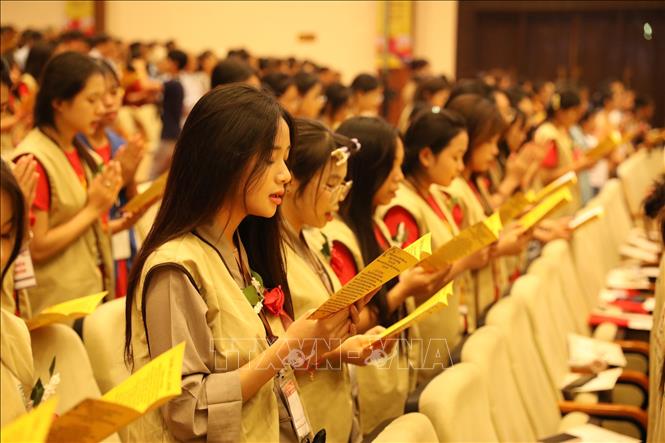
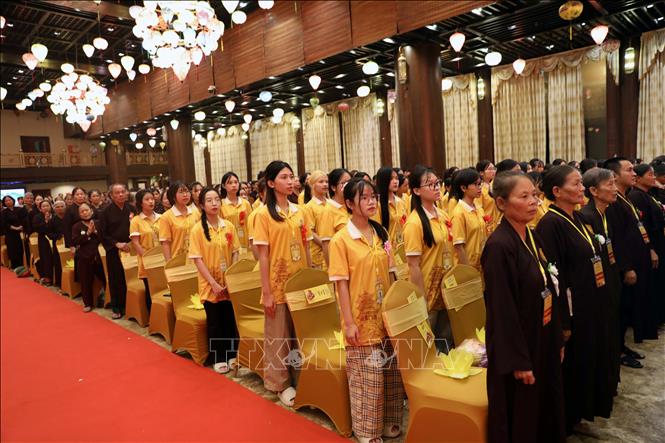
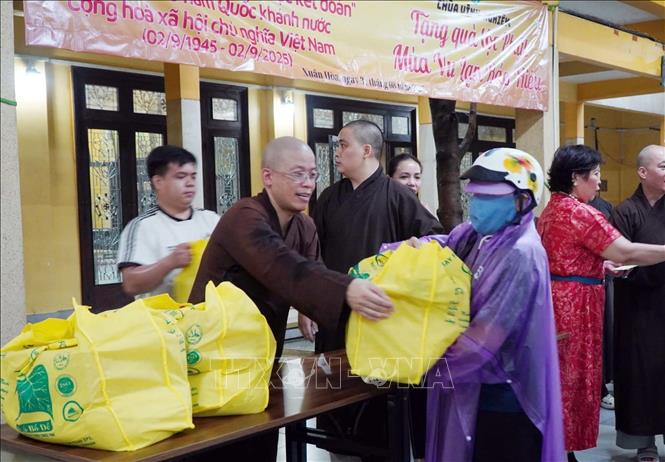

![[Photo] Experience at the Exhibition of 80 years of national achievements - Meaningful activity for new students](https://vphoto.vietnam.vn/thumb/1200x675/vietnam/resource/IMAGE/2025/9/10/286061b79abb4afa8961d730c9833cdd)

![[Photo] Close-up of 3,790 resettlement apartments in Thu Thiem to continue auction](https://vphoto.vietnam.vn/thumb/1200x675/vietnam/resource/IMAGE/2025/9/10/be974e2058f74c9c8dc1f400124f3653)
![[Photo] Giant pipeline leading water to West Lake, contributing to reviving To Lich River](https://vphoto.vietnam.vn/thumb/1200x675/vietnam/resource/IMAGE/2025/9/10/887e1aab2cc643a0b2ef2ffac7cb00b4)

![[Infographics] The 30th Bay Nui Bull Racing Festival for the An Giang Television Cup](https://vphoto.vietnam.vn/thumb/402x226/vietnam/resource/IMAGE/2025/9/10/b6a3f19f8764496199fee96d228cc1b5)











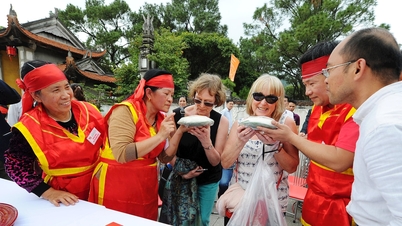





























































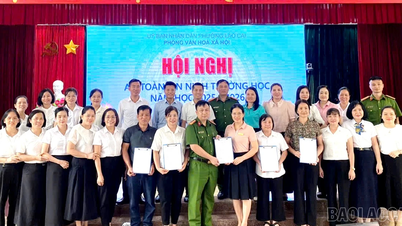

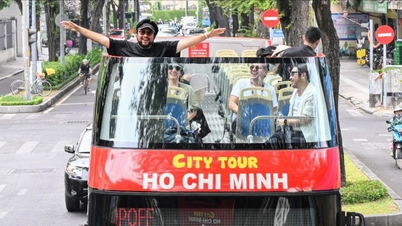




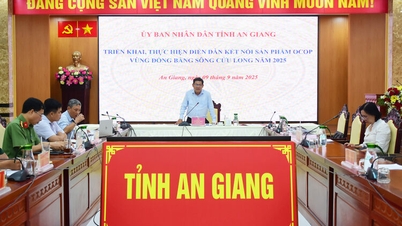









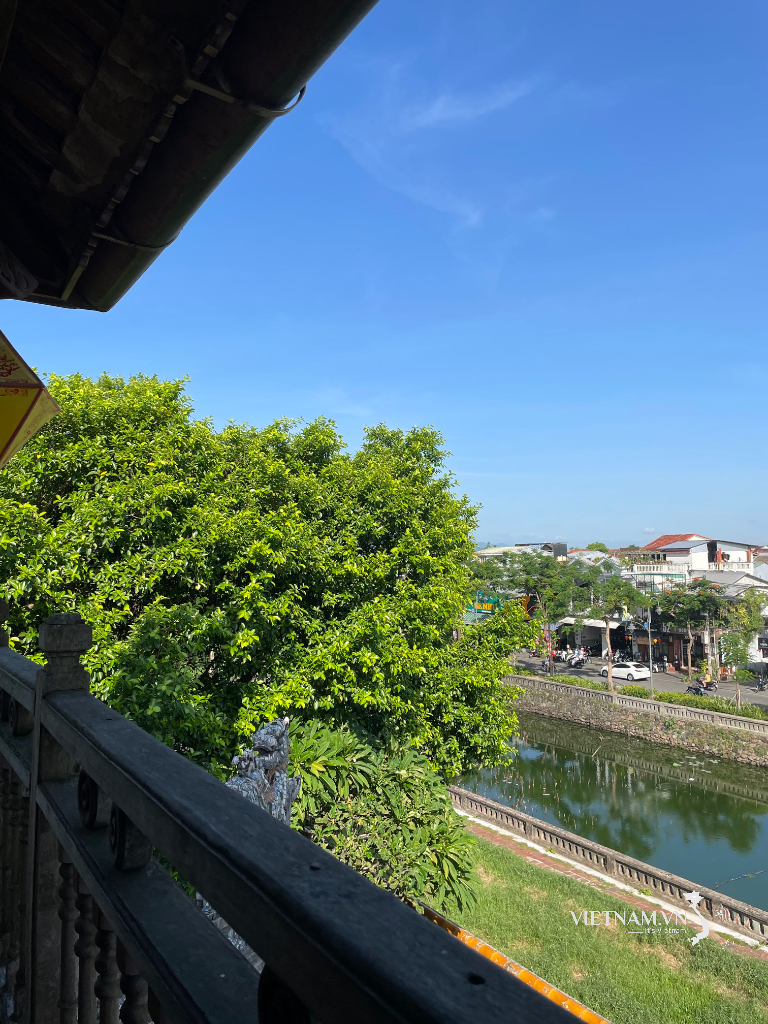
Comment (0)